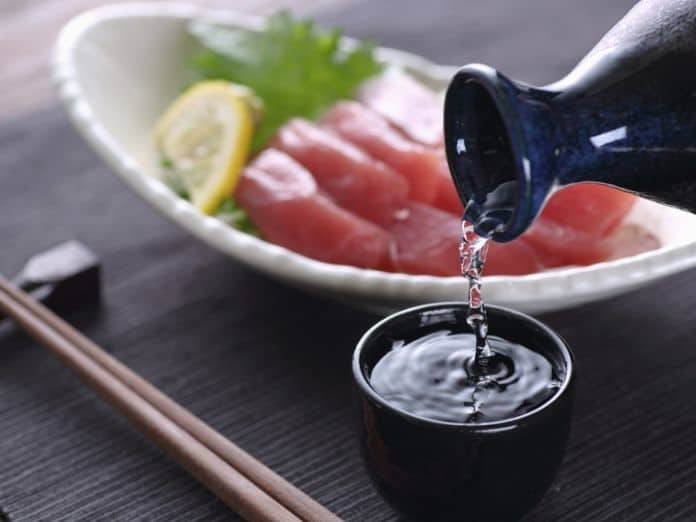Many people don’t consider the elements to which they could be exposed on a daily basis. You don’t have to be scared, but you should make an effort to be aware of the toxicity of many heavy metals that are present in your daily environment. People aren’t generally exposed to extreme amounts of these metals at once, but a certain amount of these hazardous metals can cause harm during long periods of exposure. Luckily, you can limit your exposure by monitoring what you eat, drink, use, and are around. Learn how to protect yourself from these hazards as we look at how to reduce heavy metal exposure.
Be Aware of Your Food
Some of the most significant risks of heavy metals come from the food you eat. Start by evaluating your everyday food choices. Certain foods are notorious for being at higher risk of containing heavy metals. A lot of fish, such as tuna, king mackerel, marlin, orange roughy, swordfish, shark, and tilefish, have very high levels of mercury. Rice is also a high carrier of arsenic, especially brown rice. This is because a lot of the arsenic accumulates in the outer grain, which is removed to make white rice. The amount of arsenic in rice will vary depending on where it was grown.
Another concerning food product is bone broth. It has been marketed as a healthy product, but it can actually contain high amounts of lead because bones store lead. Consider reducing the amount of bone broth you consume, or look around for specialty lead-free versions online.
Check the Water You Drink
Having your water tested for heavy metals can be a wise choice. This is especially important if you have well water or older plumbing. In the wake of the case in Flint, Michigan, where 100,000 residents were exposed to improperly treated water that came through old pipes from the Flint River, reports of unsafe levels of lead in 20% of the United States’ water systems made headlines. Look into technology such as high-quality water filtration systems for your home’s drinking water.
Research Consumer Products
When you’re wondering how to reduce heavy metal exposure, this information is vital. Many consumer products can also contain heavy metals that could become toxic during extended periods of use. Personal care products, including makeup, toothpaste, sunscreen, eye drops, and nail polish, have been known to contain metals such as iron, mercury, arsenic, lead, chromium, aluminum, and zinc. Referring to the RCRA’s list of eight potentially dangerous heavy metals can be beneficial. This list is designed to inform the public of the most hazardous metals. Follow it by checking the product label’s ingredients list for any metals the RCRA mentions.






